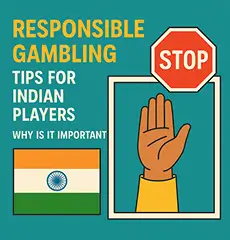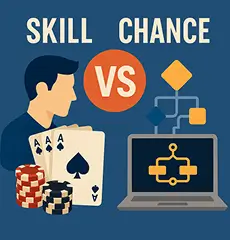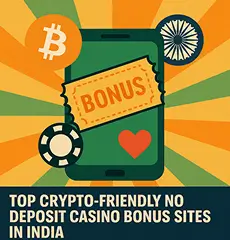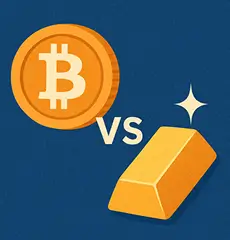Gambling addiction is a serious issue affecting many in India. As more people turn to gambling vs investing comparisons, it’s vital to understand why games of chance can become compulsive behaviors. This article explores the psychology driving addiction, its impact in India, and where to find help.
Understanding Gambling Addiction
Gambling addiction, or compulsive gambling, is characterized by an uncontrollable urge to gamble despite negative consequences. It shares similarities with substance dependencies: tolerance, withdrawal, and relapse. The brain’s reward system releases dopamine when risking money, reinforcing the behavior. Over time, individuals chase losses, leading to escalating bets and deeper financial trouble.
The Psychology Behind the Game
Three core psychological factors fuel gambling addiction:
- Reward Sensitivity: Small wins trigger strong positive feelings, encouraging continued play.
- Illusion of Control: Belief that one can influence random outcomes.
- Cognitive Biases: Patterns like the gambler’s fallacy—thinking a loss increases odds of a win next.
People often hold onto gambling quotes as mantras, such as “You can’t win if you don’t play,” which mask the risks and justify repeated bets.
Triggers and Cognitive Biases
Several triggers and biases keep gamblers hooked:
- Near Misses: When a reel almost lines up or cards come close, the brain treats it like a near-win, spurring more play.
- Variable Rewards: Unpredictable payoffs—sometimes big, often small—create high dopamine spikes.
- Confirmation Bias: Remembering wins and forgetting losses fosters overconfidence.
- Escapism: Gambling as a way to cope with stress, loneliness, or financial woes.
These factors combine to create a powerful mental loop that’s hard to break.
Impact in India
In India, the rise of digital platforms and mobile rummy casino apps has made gambling more accessible. Despite legal restrictions in many states, underground and online options flourish. Consequences include:
- Financial Strain: Debts, selling assets, borrowing from informal sources.
- Mental Health Issues: Anxiety, depression, and suicidal thoughts.
- Relationship Breakdown: Family conflicts, social isolation.
Stigma around addiction often prevents people from seeking help until crises occur.
Support Resources
Help is available across India, ranging from community groups to professional services. Key resources include:
- Self-Exclusion Programs: Many casinos and online sites allow players to ban themselves.
- Peer Support Groups: Gamblers Anonymous chapters meet in major cities to share experiences.
- Counseling Centers: NGOs and government hospitals offer free or low-cost therapy.
- Hotlines: 24/7 helplines connect callers to crisis counselors.
Use the following list to find local support:
- Gambler’s Anonymous India: Meetings in Delhi, Mumbai, Bangalore, Chennai.
- NIMHANS: National Institute offers behavioral addiction clinics in Bangalore.
- VIMHANS: Mental health center in Delhi with specialized programs.
- Aasra Helpline: 24/7 emotional support at 98204 22464.
Self-Help and Professional Help
Combining self-help strategies with professional guidance yields the best outcomes:
- Set Limits: Pre-commit to time and money caps before gambling starts.
- Identify Triggers: Keep a journal of urges and contexts.
- Alternative Activities: Engage in sports, art, or learning to fill time once spent gambling.
- Therapy Options: Cognitive Behavioral Therapy addresses distorted thinking; group therapy provides community support.
Family involvement and financial counseling can restore stability and trust.








